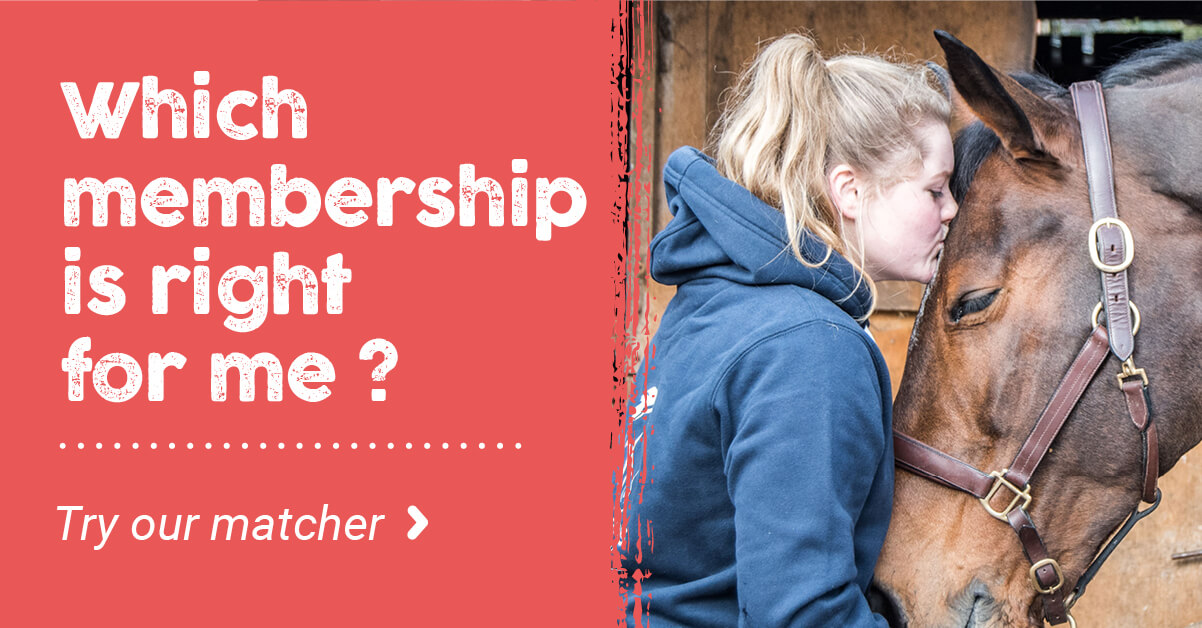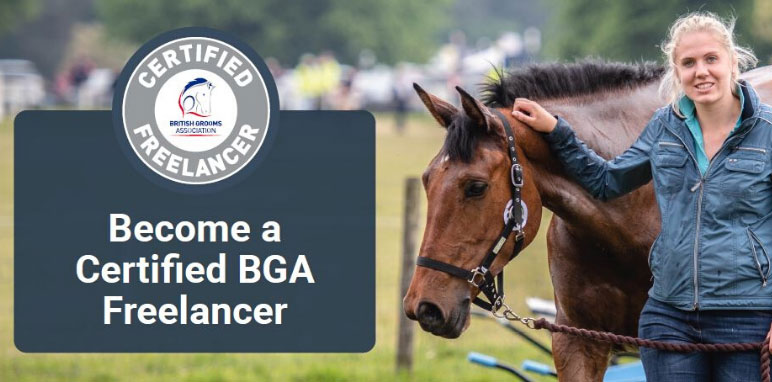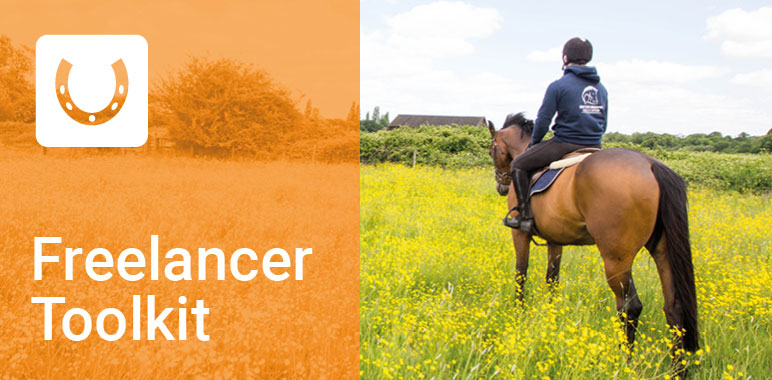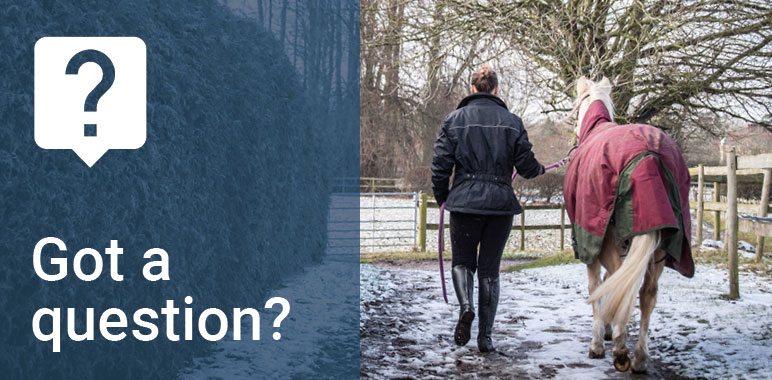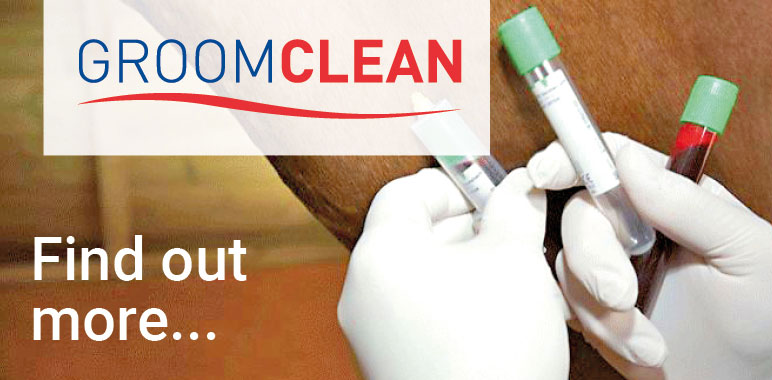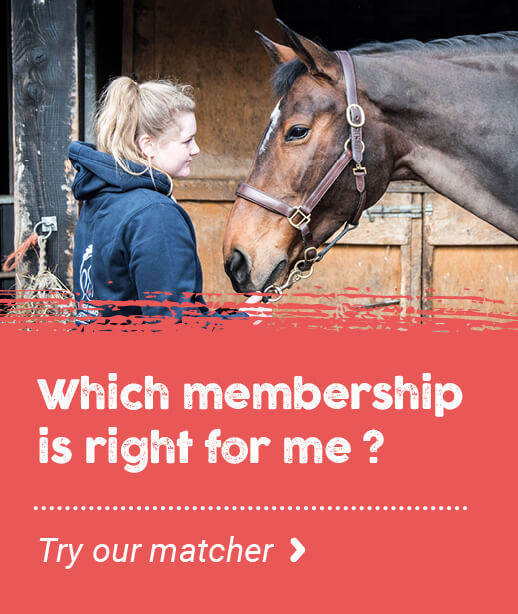- Join Now
- Login
- Member Zone
- Your Career
- Freelancing
- International Grooms Association
- BGA Training
- Healthy Yard Healthy Horses
- Transporting horses
- Brexit
- Safe workplace
- Student Zone
- Member Discounts
- BG Magazine
- Member services
- My employment
- Am I employed correctly
- Grooms Minds
- Safeguarding
- Legal Helpline
- BGA guide to the National Minimum Wage
- Training & Careers
- BGA CV Creator
- Horse groom training
- Where to Train
- BGA E Learning
- Career choices
- Change to Racing
- First Aid training for grooms
- Parents
- Grooms Jobs
- Grooms Life
- About
- News
- Contact


Exams are coming to an end for this year and all over the country young equestrians are looking towards the future, many looking for summer jobs or longer learning opportunities. Young people starting work for the first time are vulnerable, we need your help to share this important information. Did you know young workers have additional rights to protect them within the workplace? Please help us to reach young grooms all over the country - send this blog to a young person you know! Young workers are classed as those aged 15, 16, or 17 and are of legal school-leaving age. The school leaving ages are different within England/Wales/Scotland & Northen Ireland. The further education requirements for school leavers also differ throughout these areas. In England, there are additional requirements for young people to stay in education or training until they are 18 years old. Under the Working Time Regulations 1998, young workers aged 15 -17 have additional rights in relation to their working hours and rest breaks. The key points are: • They must only work a maximum of 8 hours per day and 40 hours per week. Too often young workers in the equestrian industry are being told to stay late to finish duties or to wait for the vet/farrier to finish their visit. If a young worker has already worked the maximum of 8 hours that day or 40 hours that week, then they are not able to do this, and it must be passed to another member of the team. A young worker can work overtime, but only where this does not exceed 8 hours in a day and 40 hours in a week. Any overtime must be paid, to ensure their pay does not fall below National Minimum Wage. The hours in which a young worker is at work must be closely monitored to ensure employers are compliant with the Working Time Regulations. If you are a young worker, make sure you keep accurate records of your working hours - writing down your hours in a diary is an easy way to keep track in order to make sure you are paid legally. Confused? Read more advice in our 'I am unpaid' guide. A specific risk assessment should always be carried out when there are young workers on the yard. Young workers should not be relied upon for sole charge, or for anything that is above their skill level. They should be able to learn in a safe environment enabling them to build competence and confidence over time. • The maximum number of hours a person can work in a week increases to 48 hours (this can be more if the employee chooses to waive their rights, but the employer cannot enforce this). Any overtime worked must either be paid or given as time off in lieu to ensure that pay does not fall below the National Minimum Wage. If you are confused about what the National Minimum Wage is for your age category you will find help in our NMW guide. Is your son or daughter a groom? Do you worry about how they are employed and their well-being? We also know how important your roles as a parent is, and how influential you may be in the choice of the yard, which is why we are also here to support you as well as your child and we very happily offer advice and support as long as your son or daughter is a BGA member. The British Grooms Association is an important organisation for all grooms, and in our case, the parents. The British Grooms Association (BGA) is the organisation for all of those that work hands-on with horses. Grooms have a demanding yet rewarding job and often they ignore all boundaries simply for the love of the horses in their care. This however doesn’t mean that they shouldn’t be employed correctly and given opportunities to develop themselves and climb the career ladder. The BGA was formed as an association for all grooms to be able to turn to for advice, guidance and information. In addition to employment advice there are lots of educational tools, discounts on products, advice on a wide range of equestrian related topics, and the chance to be part of a wider community. Quite often grooms don’t share their problems at work with their parents, so it is often a piece of mind when your son or daughter is a member of an organisation that really understands their job and problems. So if your son or daughter is not yet a member of their association then we would love to welcome them, so please do join them up! Young workers - know the rules!
11th June 2024
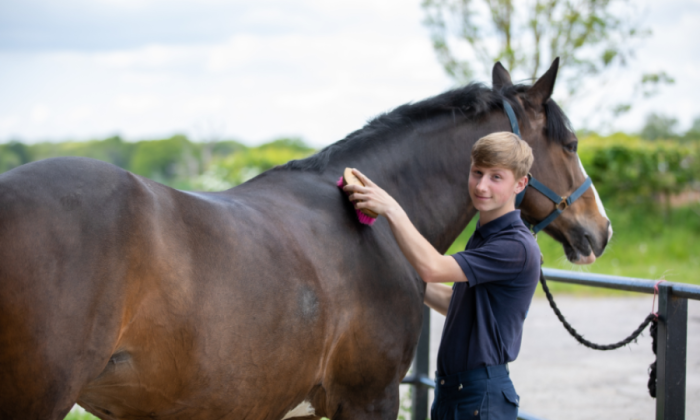
What is a young worker?
Working hours and rest breaks
• They must have a 30-minute break after they have worked a block of 4.5 hours.
• There must be at least 12 hours of rest between finishing work on one day and starting work on the next.
• They must have at least 48 hours of consecutive rest each week (E.g., 2 days off together).
• Night working is restricted, and it is against the law for a person under 18 to work between the hours of midnight and 4am.
• They are entitled to at least the statutory holiday entitlement.Know what Good Employment is!
What changes once a worker reaches the age of 18?
• Although there is no maximum daily number of hours that someone can work there must be a period of at least 11 hours between finishing work one day and starting work the next day.
• There must be a rest break of at least 20 minutes after a block of 6 hours has been worked.
• Weekly rest of 24 hours in any 7-day period, or 48 hours in a 14-day period.
• Night working is less restrictive, but individuals must not work more than 8 hours in a 24-hour period on average.National Minimum Wage
parents
I have called for advice for my daughter and also just to have a chat about our worries and other issues which arise. The BGA is a very important part of our life now as they not only support the grooms but concerned parents like us.
Long may you continue and grow. Thanks for being there.
Anne and Glynn HartWhy join the BGA
BLOG ARCHIVE
- 2025 (16 ENTRIES)
- 2024 (52 ENTRIES)
- 2023 (60 ENTRIES)
- 2022 (35 ENTRIES)
- 2021 (24 ENTRIES)
- 2020 (19 ENTRIES)
- 2019 (45 ENTRIES)
- 2018 (36 ENTRIES)
- 2017 (7 ENTRIES)
What the personal accident policy covers you for:
- Whilst at work
- All stable duties – mucking out, grooming, washing off, turning out
- Clipping
- Riding – including hacking and jumping
- Hunting
- Lunging
- Breaking in
- Holding horse for a vet and other procedures
- Travelling horses both in the UK and abroad
- Competing in line with your job including: jumping, dressage, eventing
- Injuries that may happen to you whilst you are teaching - but you must also be grooming as part of your duties and not be a sole instructor
What the personal accident policy doesn’t cover you for:
- Riding in a race, point to point or team chase
- Stunt Riding
- Accidents occurring whilst travelling to and from work
- Riding and competing your own horse (but you can upgrade when applying for membership to include this)
- Public Liability – this is a separate insurance policy - the Freelance Groom Liability Insurance
- Care Custody and Control – this is a separate policy - the Freelance Groom Liability Insurance
If you require additional cover then please contact KBIS directly.
| GROOM | RIDER | EMPLOYER | |
|
When you are working for other people you do most of the following; muck out, turn out/catch in, tack up, groom horses, exercise Horses (including hacking, jumping and schooling), in the care of your employer/client. |
|
|
|
| Predominantly ride horses for other people including schooling, exercising and competing. | NO |
YES |
YES |
| Provide grooming services for someone else either full time or on a freelance basis i.e. an employer or a client. | YES |
NO |
NO |
| Employ staff – have an employers liability policy in your name | NO | NO | YES |
| Buy and sell horses | NO | YES | YES |


